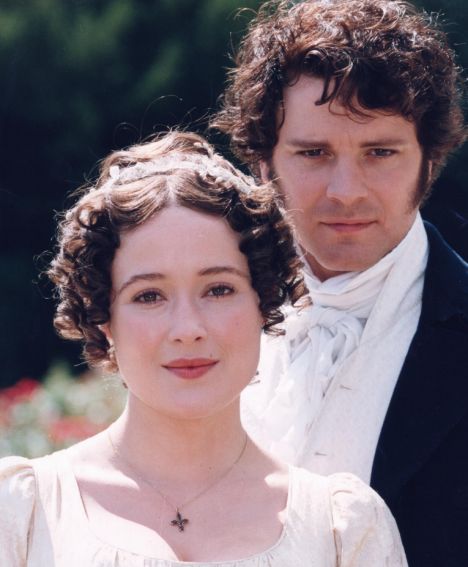An article in The Wall Street Journal reminds me that 200 years ago the world saw the publication of one of its most beloved works. The article goes on to discuss the Jane Austen popular culture boom that is currently underway and that, indeed, has been going strong since the 1990’s. One observer wonders whether it’s about ready to burn itself out.
My own theory is that the boom—which is not quite the same things as Austen’s enduring popularity—is tied in with our discomfort over the postmodernist disruptions caused by globalization. Just as the World War I soldiers in Rudyard Kipling’s “The Janeites” turn to Austen for refuge from their chaotic existence, so in our own way do we. Given that the chaos will remain with us for some time to come, the movies, spinoffs, sequels, etc. may well continue.
But whatever happens with the boom, Austen’s is thoroughly ensconced in the canon and I can’t imagine her ever falling out of favor. My student Carolyn Zerhusen, who is writing her senior project on Austen, worries about the voluminous scholarship that Austen has inspired. How can one say something about her that hasn’t already been said?
I tell Carolyn what I tell all my students—that each author has to be rediscovered and reinterpreted by each generation. This post is about the millennials’ perspective that Carolyn is bringing to Austen.
Carolyn regards herself as a feminist and takes offense at guys who regard Austen as nothing more than chick lit and chick flicks. When she started looking into this, Carolyn discovered that there is a tradition of men refusing to see the harder edge of Austen, beginning with her nephew and his biography. Carolyn isn’t interested in Jane Austen the Lady.
But Carolyn also has problems with feminist versions of Austen from the 1980s and 1990s. Scholars like Sandra Gilbert and Susan Gubar (of Madwoman in the Attic fame) fail to properly appreciate Austen’s love of romance, she says. Instead, they want to see her as secretly subverting patriarchy. For them, as Carolyn sees it, every hero is an unwitting villain and marriage is nothing but oppression.
As Carolyn articulates it, her Austen is somewhere between the feminine and the feministy. I’ll be sharing more of Carolyn’s ideas as she works them out, but here is her view of an important passage from Pride and Prejudice.
Darcy and Elizabeth, knowing that they are going to be married, are talking about Bingley and why he decided to come back to Jane. Darcy is praising his reasonableness for, essentially, having taken his advice. Here’s Elizabeth:
Elizabeth longed to observe that Mr. Bingley had been a most delightful friend; so easily guided that his worth was invaluable; but she checked herself. She remembered that he had yet to learn to be laughed at, and it was rather too early to begin.
I suppose an old fashioned view of relationships would find it admirable that Elizabeth has learned to become more sensitive around fragile male egos. (My mother-in-law’s marital advice to Julia was to be sensitive around mine.) On the other hand, a number of feminists have read the passage as the squelching of Elizabeth’s self expression. But for Carolyn, the emphasis is on the “yet.” What she foresees is a growing relationship, very romantic, where the two figure out how to support each other in their strengths.
In other words, it’s possible to have female empowerment and romance both.
It is said that millennials want it all. Who’s to say they’re wrong.
[My thanks to John Morrow for alerting me to the Jane Austen article.]
